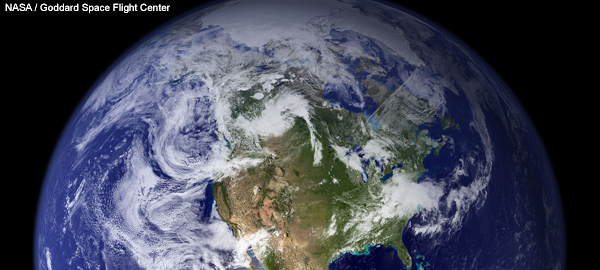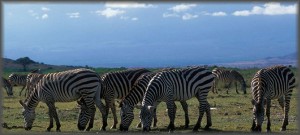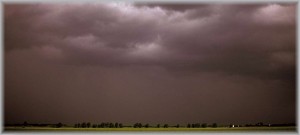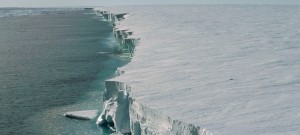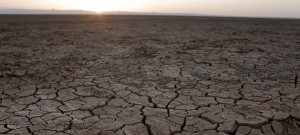Climate science
Has climate change been the death of environmentalism?
The latest Earth Summit provides us with another chance to reflect on the state of the planet, but will it offer an opportunity to reintroduce nature to the heart of the environmental debate?
Climate change chaos for cold-blooded animals
As climate change worsens, a new study predicts cold-blooded animals will have a more chaotic and less predictable response than fish when it comes to redistribution.
Figueres: Doha talks open door to Gulf-funded climate change technology
UN climate change chief calls selection of Qatar as host of next UN climate change summit, a “great opportunity”.
Cultural beliefs split climate views not science
New study finds that science literacy comes second to cultural beliefs when adopting views on climate change.
Governments extending “emissions gap” between climate policy and 2°C target
Countries still falling short of 2020 climate change commitments according to new research.
Marine reserves in Australia help sustain fisheries
New research examining marine reserves on the Great Barrier Reef use DNA evidence to discover how far they go in helping to sustain fisheries.
Photo of the week #19 – Melting water security on Mount Kilimanjaro
This week’s photo of the week, what will be the impact of melting glaciers on wildlife in Kenya?
Coastal seagrass could store more CO2 than forests
New research in Nature Geoscience, find that coastal seagrass has the potential to be vital carbon sinks and therefore part of the solution to climate change.
Bonn 2012: UNCCD calls for agriculture to be central to Rio+20
Talking to RTCC at the Bonn Climate Talks, UNCCD’s Sergio Bonilla calls for agriculture, land and soil to be central to talks both under the UNFCCC and at Rio this June.
Mercury levels in the Arctic Ocean could be sensitive to climate change
New research finds that changes in the river flow and permafrost thaw in the Arctic could be adding to the Mercury found within the Arctic Ocean in the summer months.
Photo of the week #18 – Defending the coastlines
Our latest photo of the week shows extreme weather’s impact on the Netherlands.
Planet’s “health” has declined since first Rio Earth Summit
Living Planet Index has declined 30% since 1970 as WWF calls for change of pace in the response at Rio+20.
Photo of the week #17 – Greenland’s disappearing glaciers
This week’s photo of the week shows the implications of glacier melt in Greenland on rising sea levels.
Weddell Sea region in West Antarctic could be on brink of change
Two new studies show the Weddell Sea sector of the West Antarctic ice sheet – previously regarded as stable – could be a region of great concern in the future.
Is the Philippines’ climate law the best in the world?
UN Special Envoy calls the Philippines’ climate laws the “best in the world” but what is in the laws to give them this status?
Greenland’s glaciers contributing less to sea level rise than thought
Glaciers have “sped up” and contribution to sea level rise still significant but data shows we’re not on track for worst case scenario.
Biodiversity loss impacts ecosystems as much as climate change
New research warns biodiversity protection could be as important as preventing climate change in protecting ecosystems.
Plants flowering faster because of climate change
New research published on Nature warns that plants flowering faster from climate change could have devastating implication for ecosystems.
Wind farms could affect local weather
New research examining wind farms in Texas found that turbines could affect local weather, causing a rise in night-time temperatures.
Comment: Why is desertification important?
As RTCC launches Desertification Week, we examine what desertification means around the world and why it is so important.
